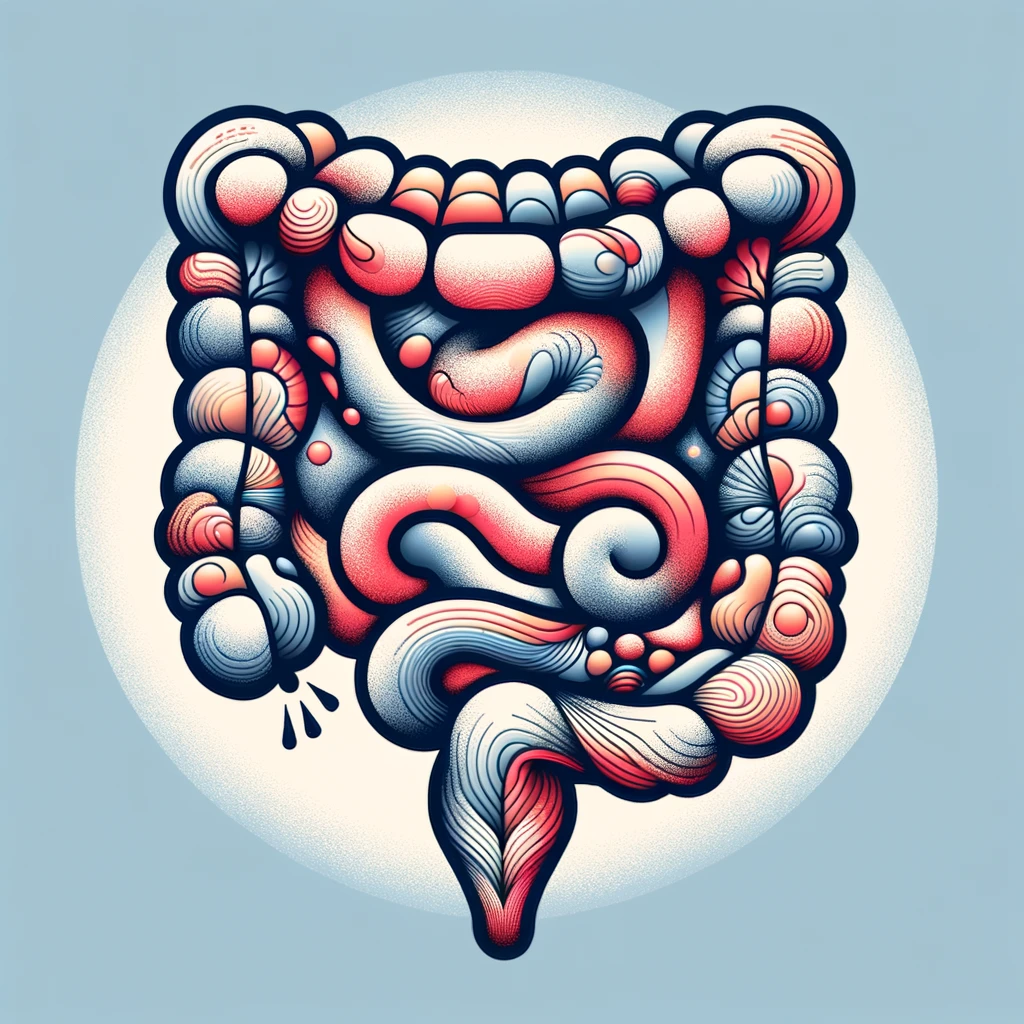Understanding Irritable Bowel Syndrome (IBS): Causes, Symptoms, Risk Factors, Triggers, Dietary Changes, Management, and Subcategories

Dr. Craig Smith, MD
4 Min read
Irritable Bowel Syndrome (IBS) is a common gastrointestinal disorder that affects the large intestine, causing symptoms such as abdominal pain, bloating, gas, and changes in bowel habits. It is a chronic condition that can significantly impact a person's quality of life. In this article, we will delve into the causes, symptoms, risk factors, triggers, dietary changes, management, and subcategories of IBS to provide a comprehensive understanding of this condition.
Causes of IBS:
The exact cause of IBS is not well understood, and it likely involves a combination of factors, including abnormalities in gut motility, nervous system abnormalities, inflammation and immune system activation, and bacterial overgrowth.
Symptoms of IBS:
The symptoms of IBS can vary widely among individuals, but common manifestations include abdominal pain and discomfort, bowel habit changes, bloating and gas, and mucus in stool.
Risk Factors:
Several risk factors may increase the likelihood of developing IBS, including age and gender, family history, mental health issues, and previous gastrointestinal infections.
Triggers:
Identifying and managing triggers is crucial in effectively managing IBS symptoms. Common triggers include dietary factors, stress and anxiety, hormonal changes, and certain medications.
Dietary Changes and FODMAP Diet:
Modifying the diet is a crucial aspect of managing IBS. Avoiding trigger foods and increasing fiber intake can alleviate symptoms. Additionally, some individuals find relief by following a low-FODMAP diet.
Subcategories of IBS:
IBS can be categorized into four subcategories - IBS-D (primarily diarrhea), IBS-C (primarily constipation), IBS-mixed (alternating between diarrhea and constipation), and IBS-U (undefined with varied stool consistency).
IBS and Intestinal Damage:
While IBS can lead to intestinal damage in some cases, it does not significantly increase the risk of gastrointestinal cancers, as outlined in a 2022 study.
Diagnosis of IBS:
Diagnosing IBS involves a thorough evaluation of symptoms, medical history, and ruling out other potential gastrointestinal conditions. Doctors may use the Rome criteria to make a diagnosis. Additional tests such as blood tests, stool tests, and imaging studies may be conducted to exclude other conditions with similar symptoms.
Management of IBS:
While there is no cure for IBS, various strategies can help manage symptoms effectively, including dietary changes, probiotics, medications, stress management, and lifestyle modifications.
Conclusion:
Irritable Bowel Syndrome is a complex and multifaceted condition that requires a personalized approach to management. By understanding the causes, recognizing the symptoms, considering risk factors, triggers, and subcategories, individuals with IBS can improve their quality of life and minimize the impact of this chronic gastrointestinal disorder. If you suspect you have IBS or are experiencing persistent gastrointestinal symptoms, it is essential to consult with a healthcare professional for a thorough evaluation and appropriate guidance.